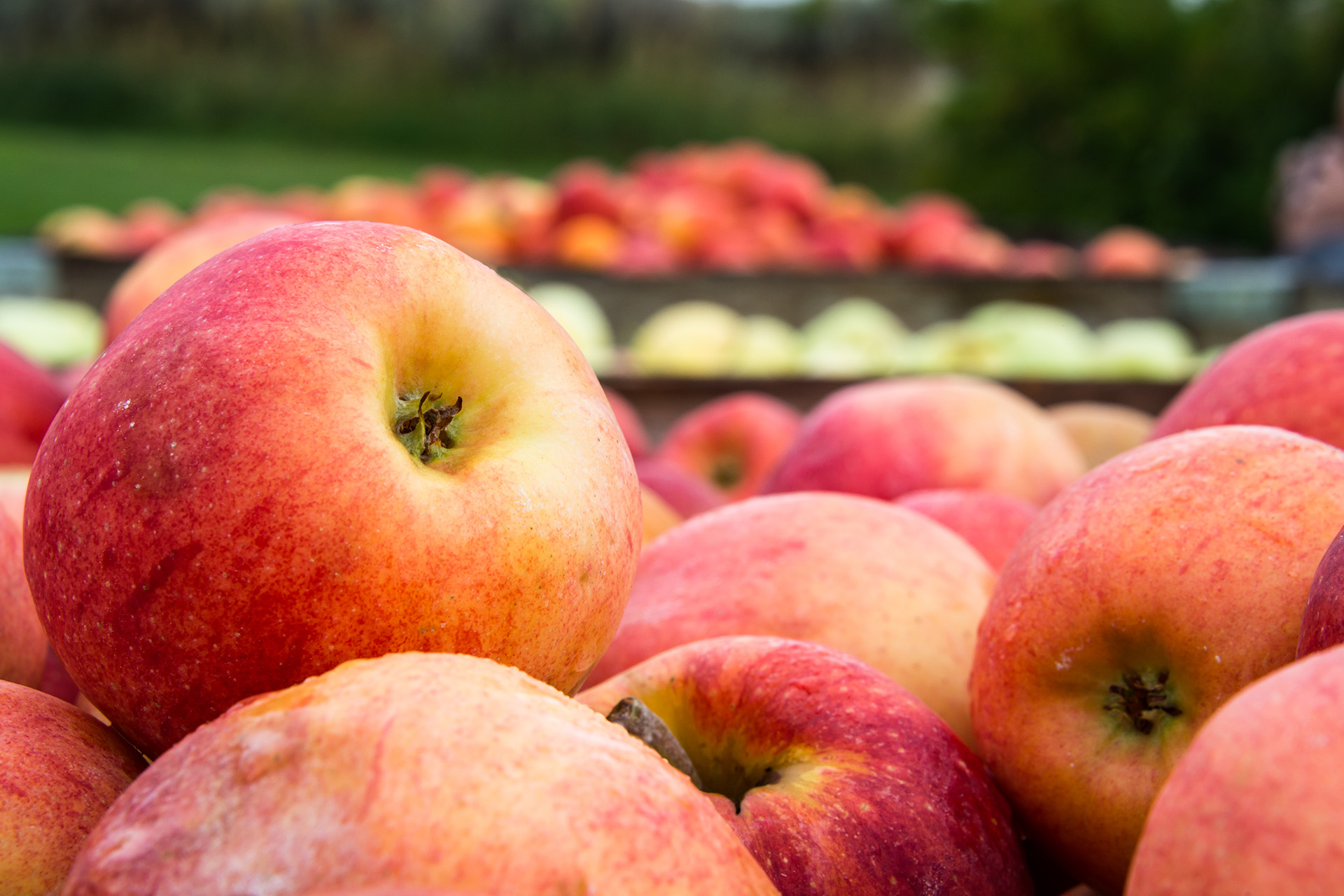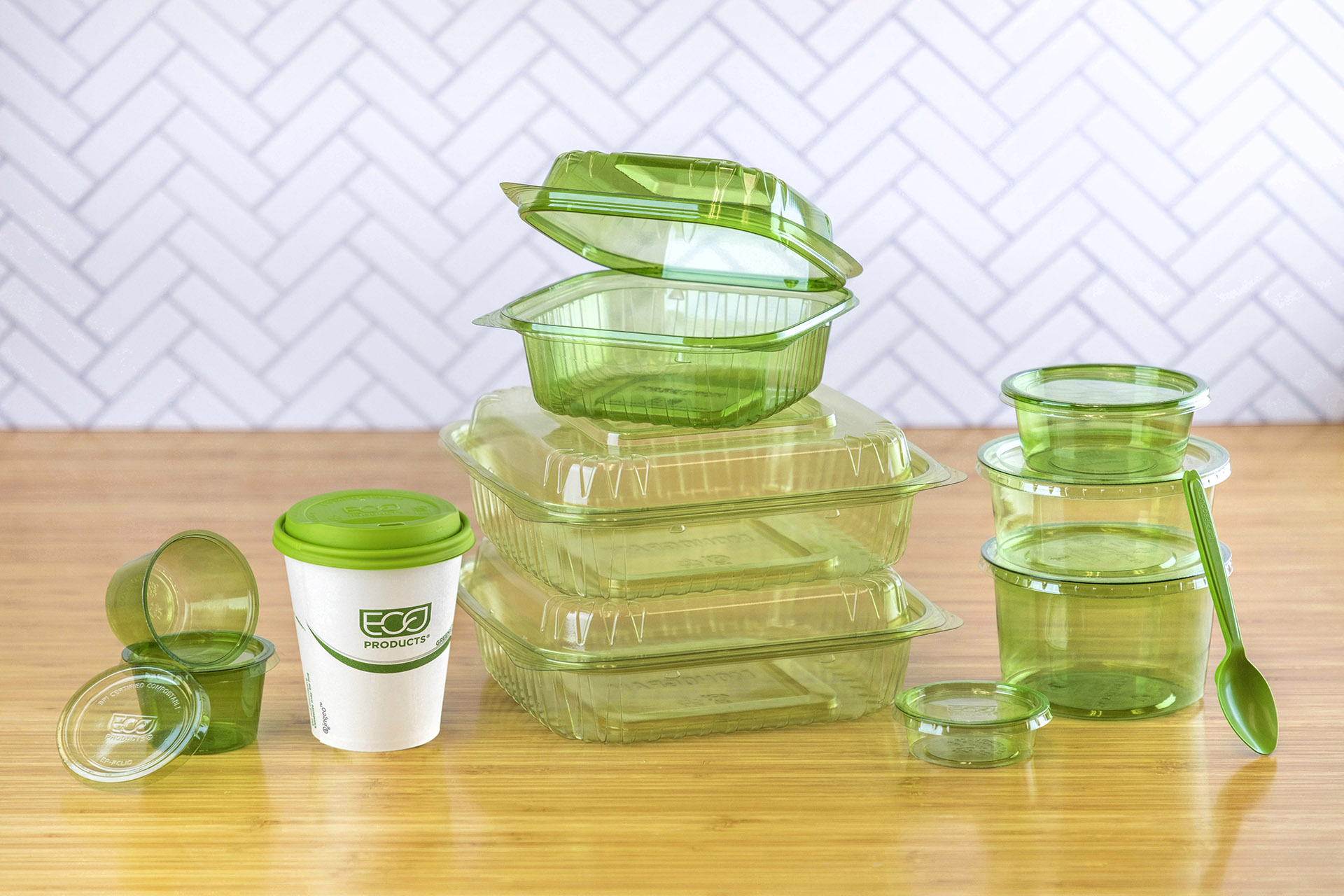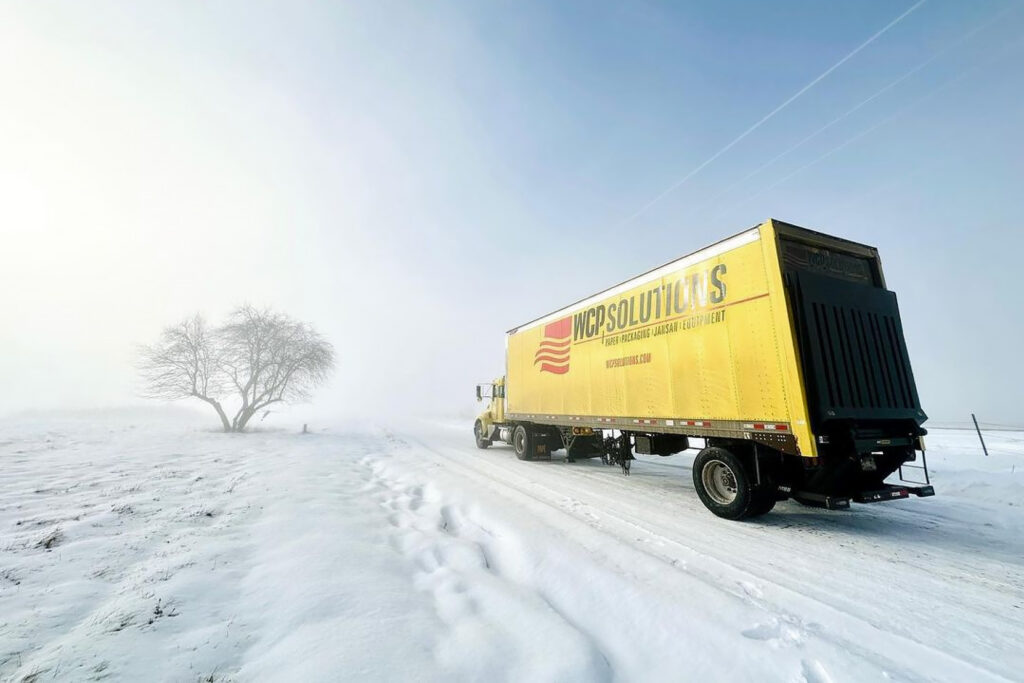Washington Organics Management Law – What Our Customers Need to Know

In 2022, the Washington State Legislature enacted the Organics Management Law. This law was implemented to propel the state toward its goal of reducing organic waste in landfills by 75% before 2030. This legislation mandates the diversion of organic materials away from landfills, thus steering them toward both food rescue programs and specialized organics management facilities. The law also imposes a collective responsibility on state and local governments, businesses, and organizations to reduce their disposal of organic waste in landfills.
RCW 70A.455 Requirements – Plastic Film and Labeling
As of January 1st, 2024, the second wave has been put into place. Now going forward, indications of compostable products must meet specific requirements for degradability and have a specific product labeling. These requirements are defined by RCW 70A.455.
Products labeled as either biodegradable, degradable, oxo-degradable, or any other similar term are prohibited. This is in the hope of reducing misleading, confusing, and deceptive labeling practices around sustainable products, also known as greenwashing.
Note: Products made from 100% wood fibers or any other fiber-based material are exempt from the new labeling rules.
What You Need to Know About Compostable Products in the state of Washington
Products labeled as “compostable” that are sold, offered, or distributed in the state of Washington must abide by these requirements:
- The products must meet ASTM Standard Specifications D6400 or D6868 or be comprised of wood
- The products must meet the U.S FTC guide for labeling requirements
- The products must feature labeling that meets industry standards for being distinguishable
- Products must display a logo of a recognized third-party verification
- Products must clearly display the word compostable
- The packaging must use green, beige, or brown labeling and color striping to help differentiate compostable products from non-compostable products
- Producers must also submit a “product declaration” to Washington State Ecology for each compostable product

Example of Eco Products Washington compliant food containers
How Non-Compostable Products are Impacted
Products that do not meet ASTM standards are:
- Prohibited from using identifiers on their products that indicate ASTM standards, such as tinting, labeling, and certain terms.
- Discouraged from using characteristics that could lead to consumers believing that the product is compostable, such as coloration, labeling, imagery, and terms.
- Encouraged to use coloration, labeling, imagery, and terms that would help distinguish non-compostable items as recyclable or waste.
Important Dates
Since the start of the year on January 1st, 2024, manufacturers need to meet product labeling requirements and submit product declarations. On July 1st, 2024, the Department of Ecology for the state of Washington will begin to enforce requirements in consultation with local jurisdictions. At that time, a public complaint form will be made available for submissions.
How WCP Can Help
We are in this to help you. We have compliant, certified compostable products that have the right markings and labelings and have a range of recycled products that follow the state requirements. Our team is committed to finding you the right product solutions that not only fit your business needs but also follow the new Organics Management Law. Along the way, we can educate both you and your team on how to navigate through this. Contact our team online or give us a call today at (877) 398-3030.
Source: Washington Department of Ecology
Disclaimer: The information provided on this post does not, and is not intended to, constitute legal advice; instead, all information, content, and materials are for general informational purposes only. Please consult appropriate parties for additional information on compliance and how these laws apply to your business.

